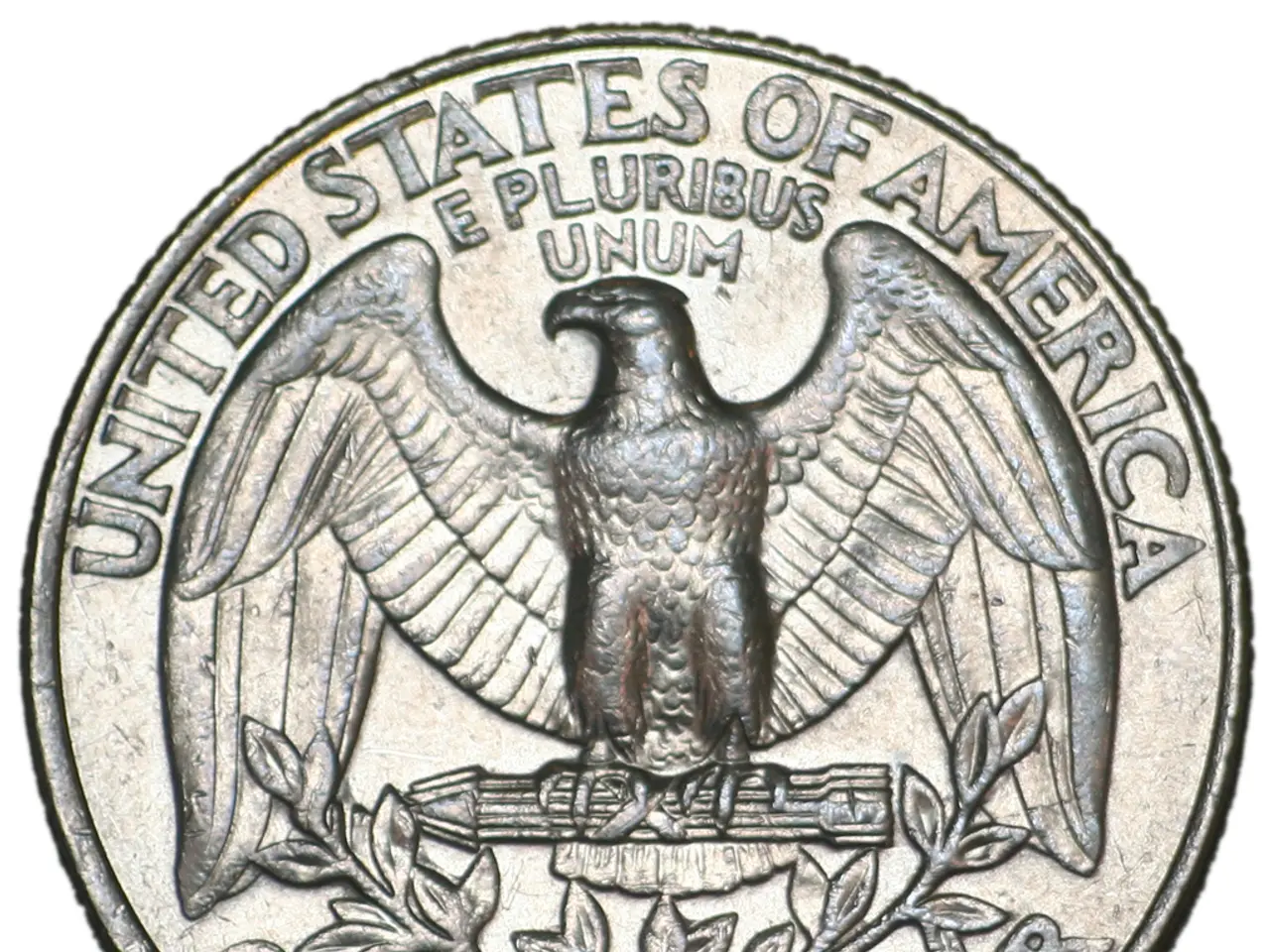Stablecoin startups receive invitations from Nigeria, following a year filled with regulations imposed post-Binance crackdown.
In a significant move for the African digital asset landscape, the Securities and Exchange Commission (SEC) of Nigeria has introduced a comprehensive regulatory framework for stablecoins, aiming to harmonize the market with global standards and promote financial inclusion.
The new regulatory framework, outlined under the Investment and Securities Act 2025 (ISA 2025), requires firms operating in the stablecoin sector to comply with stringent licensing, transparency, and anti-money laundering (AML) measures. Key requirements include obtaining proper licenses from the SEC, maintaining verifiable reserves of fiat currency backing stablecoins, undergoing regular audits, and adhering to rigorous AML and Know-Your-Customer (KYC) protocols.
The SEC's regulatory sandbox program also allows licensed firms to test innovations under supervision, balancing risk management with operational transparency. Furthermore, foreign virtual asset service providers (VASPs) must enter into reciprocal recognition agreements with regulators in their home countries to operate within Nigeria.
The new regulations seek to position Nigeria as a pioneer in Africa's regulated stablecoin space, fostering an environment where innovation is responsibly supported. The SEC's active oversight replaces previous restrictions from the Central Bank of Nigeria, with the aim of attracting major players and rebuilding trust in the crypto market.
In a separate development, the SEC Director-General, Emomotimi Agama, announced that Nigeria is open to stablecoin businesses. Agama, who made these remarks at the Nigeria Stablecoin Summit in Lagos, envisioned a future where a Nigerian stablecoin could power cross-border trade from Dakar to Dar es Salaam.
However, the benefits of stablecoins come with significant national security concerns, Agama warned. The debate over Nigeria's potential as a stablecoin hub is ongoing, with some attributing the U.S. lawmakers' urging to free detained Binance executive Tigran Gambaryan, a U.S. citizen, to former president Joe Biden's perceived distance from the crypto industry at the time.
Last year, Nigeria detained Gambaryan and launched a crackdown on crypto operations, including Coinbase and other exchanges. Gambaryan was released from detention after eight grueling months, and the case against him was discontinued due to his failing health conditions.
Hank Huang, CEO of Kronos Research, believes that Nigeria's stablecoin signal is a strong step, but real revival requires regulatory reliability and robust ramps. Ryan Yoon, senior analyst at Tiger Research, shares this sentiment, stating that stablecoin adoption could help with domestic currency management in Nigeria, but notes that it won't become a stablecoin hub overnight.
With solid fundamentals in place, Nigeria has the potential to become a significant player in the global stablecoin market. However, restoring deep liquidity will take consistent policy, clear fiat access, and time to rebuild trust. Strong legal safeguards and visible re-engagement from major players could signal stability and confidence in Nigeria's crypto market.
Agama described stablecoins as a "critical element of the cryptocurrency ecosystem" in a separate paper published earlier in February. As the Nigerian SEC continues to shape the future of digital assets in Africa, the focus remains on fostering a supportive environment for innovation while ensuring consumer protection and market stability.
- The Securities and Exchange Commission (SEC) of Nigeria has introduced a new regulatory framework for stablecoins, aiming to establish Nigeria as a leader in Africa's regulated stablecoin space.
- Key requirements under the new regulatory framework include obtaining proper licenses, maintaining verifiable reserves, undergoing regular audits, and adhering to rigorous anti-money laundering and Know-Your-Customer protocols.
- The SEC's regulatory sandbox program allows licensed firms to test innovations under supervision, balancing risk management with operational transparency.
- In a recent announcement, the SEC Director-General, Emomotimi Agama, expressed that Nigeria is open to stablecoin businesses and envisioned a future where a Nigerian stablecoin could power cross-border trade across Africa.
- Hank Huang, CEO of Kronos Research, believes that Nigeria's stablecoin signal is a strong step, but real revival requires regulatory reliability and robust ramps.
- Ryan Yoon, senior analyst at Tiger Research, shares this sentiment, stating that stablecoin adoption could help with domestic currency management in Nigeria, but notes that it won't become a stablecoin hub overnight.




